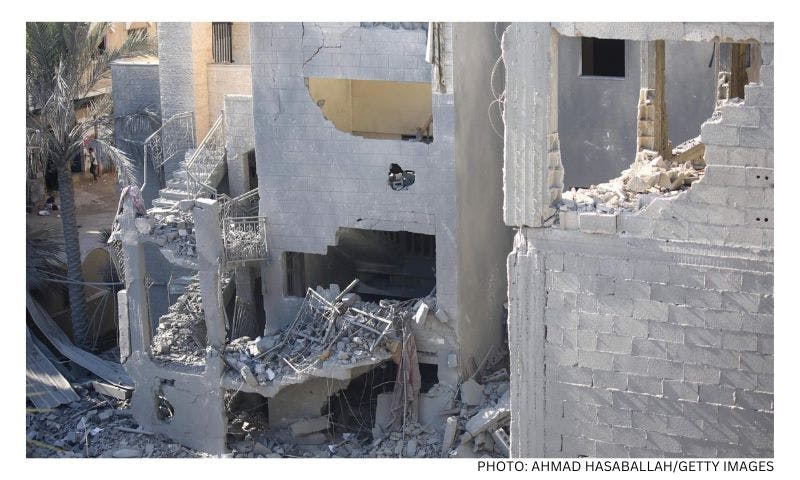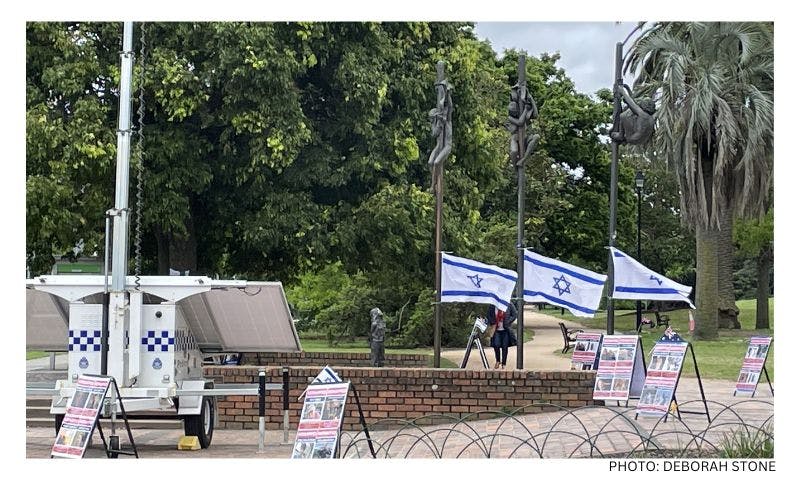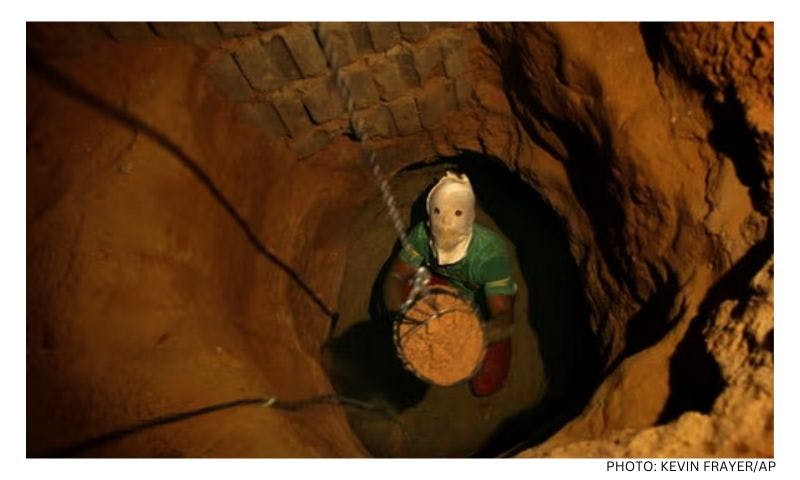Published: 3 June 2017
Last updated: 4 March 2024
In June of 1967 Ron Taft was a highly-respected expert in the field of migrant and ethnic identity. A reader in social psychology at the University of Melbourne, Taft was engaged in early 1967 to conduct a major study of several thousand Melbourne Jews. He and a team of researchers surveyed their demographics, attitudes and relationship to Judaism.
But with the war’s outbreak in June presented the research team with a unique opportunity: why not return to the same survey respondents and question their attitudes towards Israel and their Jewish identity? To consider what effect the war had on Melbourne Jews and whether there had been a demonstrated shift? So they returned to several hundred survey respondents and interviewed them over the course of a week.
Today, the 97-year-old Taft still counts this piece of work as the most memorable of his long academic career.
“I still count the study as one of my most treasured,” he says. It was so interesting and emotionally involving.”
Taft’s study found “widespread, almost universal, deep personal involvement in the crisis which reached a very intense level in the case of almost one half of the respondents.” With few exceptions, the respondents surveyed expressed the view that the Six Day War influenced them in a way “that would be long-lasting.”
Moreover, “there was clear evidence that many of them experienced an increase in their positive attachment to Israel and to their Jewish identity.”
In particular the study charted how Jews responded to the crisis. Overall, they experienced a deep emotional upset, listened to the news much more often than usual and sought comfort from family and Jewish friends. Half the respondents attended one rally; a quarter attended two or more. An overwhelming 96 per cent of those surveyed gave financial support to Israel, and almost all of them gave more than usual. Taft concluded by noting, “whatever the explanation, the June crisis obviously had a fundamental effect on the Jews of Melbourne and its repercussions are likely to be felt for a long time to come.”
The study was published only a few months after the end of the war, under the title: The impact of the Middle East crisis of June 1967 on Jews in Melbourne: an empirical study.
It remains the only study of its kind to investigate the emotional and cognitive response of diaspora Jews to the Six-Day War.
Many years later Professor Em. Suzanne Rutland, a leading Australian Jewish historian, drew on Taft’s work in her landmark book of Australian Jewish history, Edge of the Diaspora.
In June of 1967, when the war broke out, Rutland was a 21-year-old Arts student at the University of Sydney. She came from a family of staunch Zionists, but this was yet to become the community’s dominant ideology. Sydney’s North Shore Synagogue, to which she belonged, had banned Zionist youth movements from holding meetings there.
Yet in the period that followed the 1967 war, Rutland observed first-hand what Taft’s study argued; the war changed the minds of non-Zionists, and even anti-Zionists.
“Ron Taft’s study shows that the war was transformational for Australian Jews,” Rutland explains. “It strengthened their connection to Zionism for those who were already Zionists. It also turned around those who were not around. An interesting example is the late Louis Klein.
“Louis Klein, who in the 1970s became President of the Executive Council of Australian Jewry, was deeply associated with the United Israel Appeal in the late 1960s. He was a British Jew who came to Australia after the war and was one of the founders of Parramatta shule. But initially Louis was not an active Zionist. 1967 was a turning point, just after he became UIA chairman, in that it changed Australian Jews. It strengthened their Zionism – and was also central in the formation of the Jewish Communal Appeal (JCA) in Sydney under Klein’s leadership.”
For Rutland, the Holocaust loomed large. She says the sudden rallying around Israel reflected the fear and anxiety generated by the possibility of another Holocaust.
“One needs to really position oneself in Australian Jewry in 1967. A post-Holocaust community, people like my parents who had come to Australia before the war and people who had come after the war. Twenty years after the Holocaust, and we felt, we’re about to witness another Holocaust.
“And when there wasn’t a Holocaust and Israel had a tremendous military victory in six days, there was this huge sigh of relief. There was huge pride for Israel’s achievement. But there was also this sense that Israel, which was our insurance policy, had been miraculously saved.”
Ron Taft agrees.
“Jews were holding their heads up high,” he recalls, “even some quite assimilated friends of mine, who were never interested in Jewish things. During those couple of weeks leading up to and during the war, they were showing great interest and support for Israel. I was amazed to find they were even interested.
“The only possible explanation I can give is fear. That is, the implication of a defeat for Israel would extend to all Jews. It sunk in, for many of them, that the Holocaust didn’t spare assimilated Jews.”
The war ignited the passion of a new generation of young Australian Jews, the children of Holocaust survivors, born at the end of, or soon after, the Second World War. They were ready to defend Israel. Hundreds pledged their names to volunteer for Israel. By the end of June, 150 young Jewish volunteers were sent Israel.
It was an extraordinary display of solidarity, the likes of which Australian Jewry had not seen and has not shown since.
Half a century on from the Six-Day War, Rutland identifies a very different relationship between young Australian Jews and Israel, to that of her generation.
“It’s a different generation. It’s a different world. There was no internet. I don’t think one can compare my generation, in any way, to the type of young generation coming through. We were a very obedient generation. It’s light years away from what my grandchildren are growing up with. We were the children of refugees and survivors.”
One of the Six-Day War’s most controversial legacies, the settlement movement, is a source of concern for many young Australian Jews.
In recent years Rutland and her colleague Professor Zehavit Gross have identified in a number of studies the shifting attitudes of Australian Jewish adolescents towards Israel.
“Obviously one of the challenges that was created by 1967 was the settlement movement. I think this is where some tension between young people and the established leadership comes in.
“Young people would like to be able to critique and hear about critiques of Israeli government policies, in terms of the current peace process and settlements. But this is not an acceptable narrative within the mainstream Zionist leadership. That’s the feedback we’ve received from young Zionist leaders and non-Zionist young people.
“It’s a dilemma. How do you balance that? How do you ensure criticism is done through love for Israel - but in a way that doesn’t distance young people from Israel?”
This The Jewish Independent article may be republished with this acknowledgement: “Reprinted with permission from www.thejewishindependent.com.au”





Comments
No comments on this article yet. Be the first to add your thoughts.